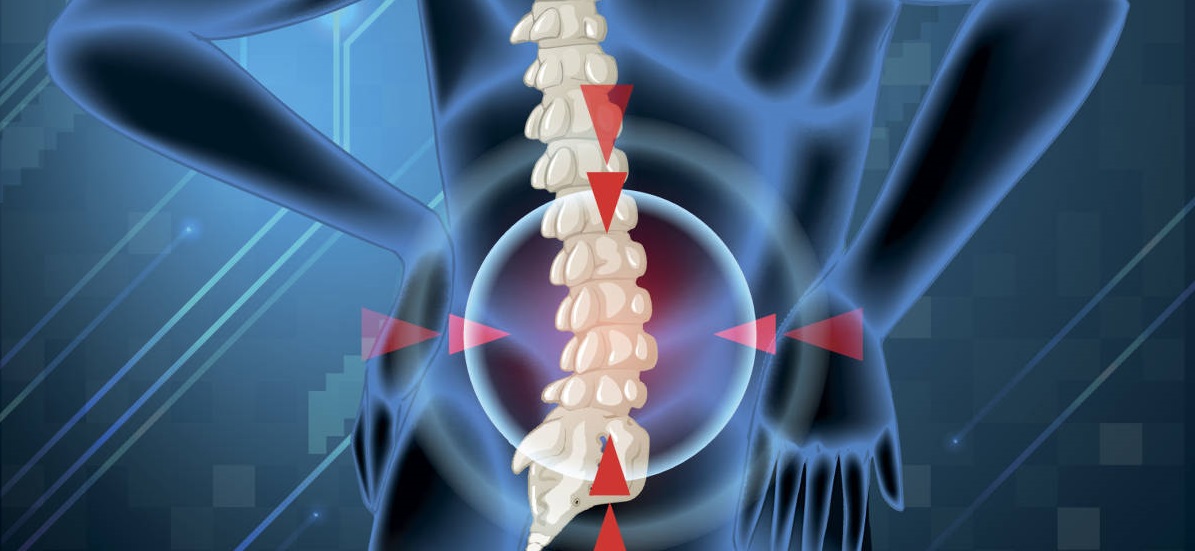Vitamin D Deficiency and Treatment

Vitamin D is an essential vitamin that has powerful effects on several systems throughout the body of a human being. Actually, the human body makes it from cholesterol when the skin is exposed to sunlight. Also, it is found in some fatty fish, egg yolks, and fortified dairy products, although it is very difficult to get enough from diet alone. The recommended daily intake is usually around 400-800 IU, but many doctors recommend that you should have even more than that.
Vitamin D is necessary for strong bones because it helps the body use calcium from the diet. Traditionally the deficiency of Vitamin D has been associated with diseases like rickets; a disease in which the bone tissue doesn’t properly mineralizes, leading to soft bones and skeleton deformities. But advance research in this field reveals the importance of vitamin D in protecting against a many of health problems.
The common risk factor for vitamin D deficiency:
- Having dark skin
- Being elderly
- Being overweight or obese
- Not having milk, fish, and egg in diet
- Living far from the equator where there are little sun rays throughout the year
- Always using sunscreen when going out of the house
- Staying indoors for longer period
Most of the people who live near the equator and frequent sun exposure are less likely to be deficient because their skin produces enough vitamin D to satisfy body needs. It’s also true that most people do not realize that they are facing the deficiency because the symptoms are generally subtle.
Symptoms and health risk of vitamin d deficiency
Bone pain and muscles weakness can be the common symptoms. Low blood levels of the vitamin have been associated with following:
- Increases risk for cardiovascular disease
- Cognitive impairment in older adults
- Asthma in children
- Cancer possibility
Studies suggest that vitamin D could play an important role in treating different other conditions like type1 and type2 diabetes, hypertension, glucose intolerance and multiple sclerosis.
Test for Vitamin D Deficiency
The most accurate way to measure how much vitamin D is in your body is the 25-hydroxy vitamin D blood test. Level of 20 nanograms/milliliter to 50 nanograms/milliliter is considered an adequate measure in healthy people.
Below are some sins of deficiency of vitamin D
- Getting sick or infected often
- Fatigue and tiredness
- Bone and back pain
- Depression
- Impaired wound healing
- Bone loss
- Hair loss
